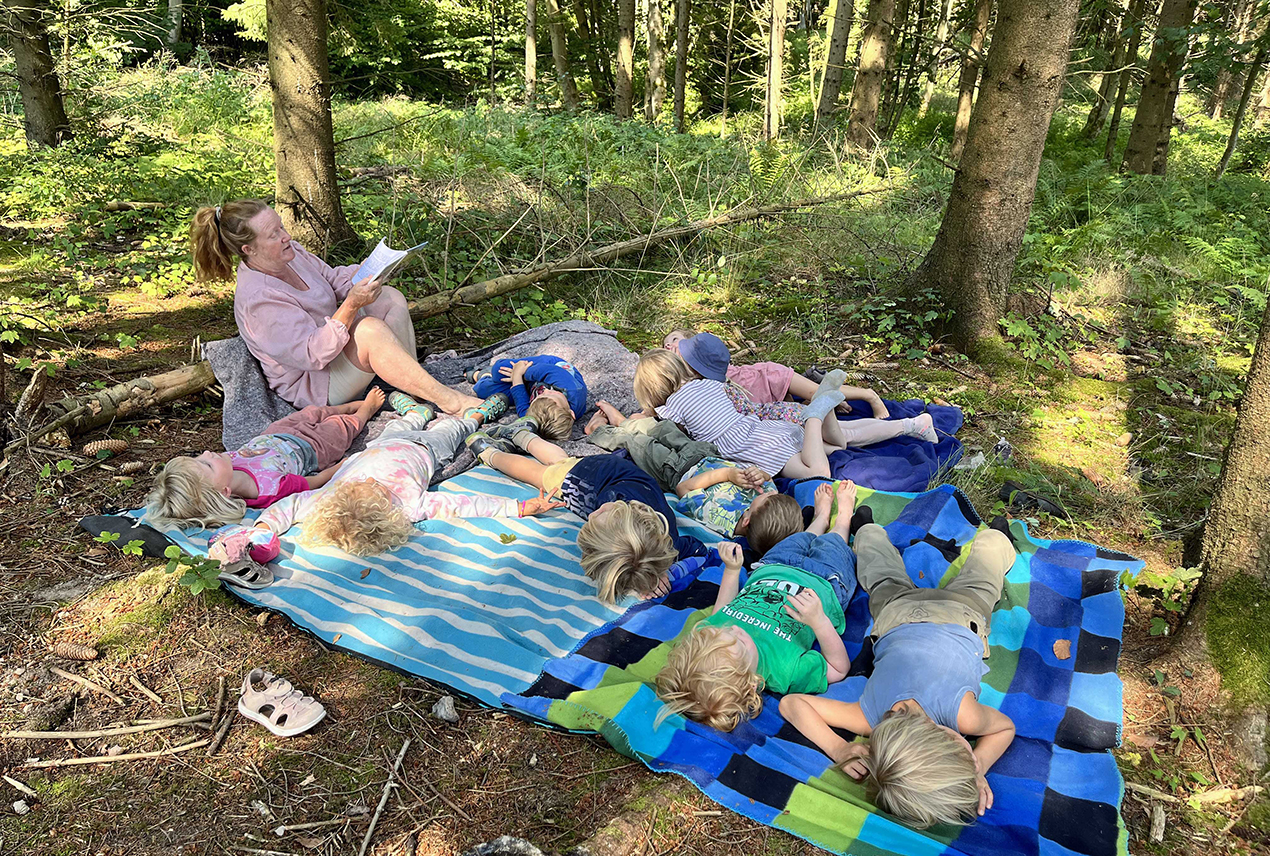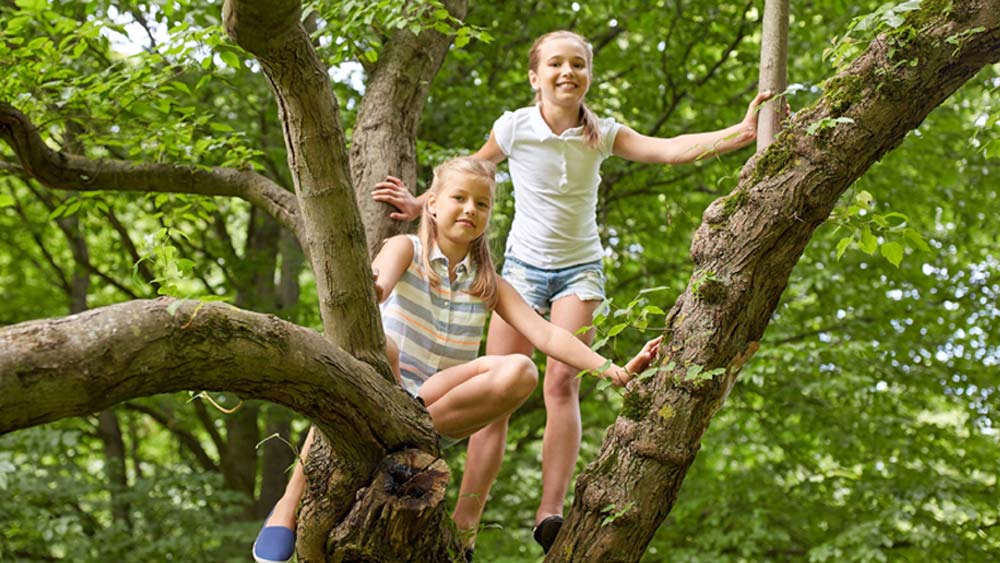
Forest Schools: Outdoor Education Gaining Traction
Discover how forest schools are redefining education through nature-based learning.Picture this: a group of children, ages 3 to 7, huddled around a fallen log, excitedly examining the tiny mushrooms sprouting from its bark. Their teacher, instead of lecturing, asks open-ended questions that spark curiosity and encourage exploration. This is the essence of forest schools, an educational approach that's taking root across the globe and challenging our traditional notions of learning.
The Forest School Philosophy: Learning Naturally
Forest schools originated in Scandinavia, where the concept of "friluftsliv" (open-air living) is deeply ingrained in the culture[1]. The core philosophy is simple yet profound: children learn best when they're connected to nature and given the freedom to explore their environment[2].
At its heart, forest school is about:
- Child-led learning
- Hands-on experiences
- Developing a connection with nature
- Building confidence and independence
- Fostering creativity and problem-solving skills

A Day in the Life of a Forest School Student
Imagine starting your school day by lacing up your mud boots and grabbing your waterproof backpack. As you enter the forest, the day's "lesson plan" unfolds organically. You might:
- Build a shelter using fallen branches
- Learn to identify local plants and their uses
- Practice basic tool skills by whittling a stick
- Create natural art installations
- Observe and document wildlife
The role of educators in this setting is to guide, not dictate. They're there to ensure safety, ask thought-provoking questions, and help children make connections between their experiences and broader concepts[3].
Branching Out: The Benefits of Forest Schools
The advantages of this nature-based approach are far-reaching:
Physical Health: Climbing trees, balancing on logs, and running through uneven terrain develops motor skills and overall fitness[1].
Mental Well-being: Time in nature has been shown to reduce stress and anxiety, boost mood, and improve attention spans[2].
Cognitive Development: Open-ended play and problem-solving in nature stimulates creativity and critical thinking[3].
Social Skills: Collaborative projects and shared experiences foster teamwork and communication[1].
Environmental Stewardship: Direct contact with nature instills a deep appreciation for the environment[2].
Weathering Challenges: Addressing Concerns
Of course, forest schools aren't without their challenges. Safety is a top concern for many parents. However, trained forest school leaders conduct thorough risk assessments and teach children to manage risks themselves – a valuable life skill[3].
Weather can be unpredictable, but as the Scandinavians say, "There's no such thing as bad weather, only bad clothing." Forest schools operate year-round, embracing each season's unique learning opportunities[1].

Some critics argue that forest schools lack academic rigor. However, research shows that the skills developed in these settings – such as resilience, problem-solving, and creativity – are highly valuable in academic and professional settings[2].
Global Growth: Forest Schools Around the World
The forest school movement has spread far beyond its Scandinavian roots. In the UK, there are now thousands of forest schools[1]. In Japan, "mori-no-yochien" (forest kindergartens) are gaining popularity[2]. Even in urban Singapore, "Forest School Singapore" operates in public parks, proving that you don't need vast wilderness to embrace this approach[3].
Planting Seeds in Traditional Education
Many mainstream schools are now incorporating elements of forest schools into their curricula. Some dedicate one day a week to outdoor learning, while others are creating natural play spaces on school grounds[1].
The Science of Nature-Based Learning
Research consistently supports the benefits of outdoor education. A study published in Frontiers in Psychology found that children who attended forest schools showed improved social skills, motivation, and concentration compared to their peers in traditional settings[2].
Dr. Jane Williams, a child development specialist, notes, "The multi-sensory experiences provided by forest schools engage children's brains in ways that traditional classroom learning simply can't match[3]."
Getting Involved: Join the Forest School Movement
Interested in forest schools? Here are some ways to get involved:
- Look for existing programs in your area
- Advocate for outdoor learning at your child's school
- Consider forest school training if you're an educator
The Future: A Natural Evolution in Education
As we face global challenges like climate change and increasing screen time, forest schools offer a way to reconnect with nature and develop crucial skills for the future. Who knows? The next generation of innovators and problem-solvers might just be growing up in the great outdoors right now.
In the end, forest schools remind us of a simple truth: sometimes, the best classroom has no walls at all. So, isn't it time we let nature be our teacher?
References
- https://www.earlyyears.tv/forest-school-approach-learning-in-natures-outdoor-classroom/
- https://rainorshinemamma.com/2014/09/08/a-classroom-with-no-walls-forest-schools-and-learning-outdoors/
- https://www.highspeedtraining.co.uk/hub/what-is-a-forest-school/
- https://www.forestschooled.com/blog/growing-from-forest-school-to-nature-rooted-learning
Unlocking the Brain’s Potential: Neuroscience-Driven Learning Strategies





Comments
No comments yet. Be the first to comment!
Leave a Comment